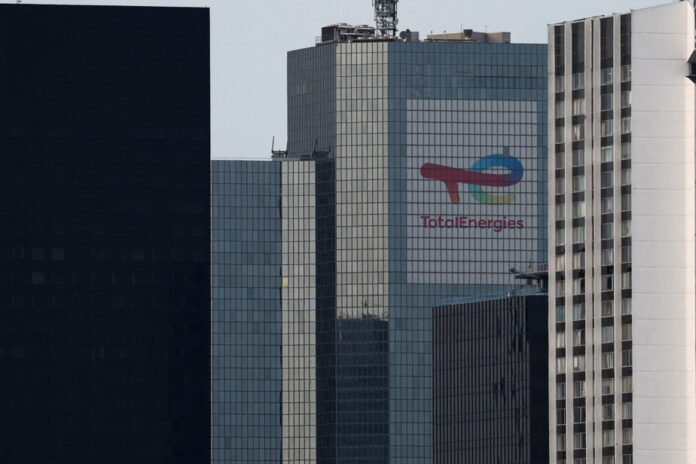(London) The NGO Global Witness on Sunday accused the French companies TotalEnergies and the British Shell of marketing Russian gas, and claimed that the latter had thus earned “hundreds of millions” of dollars since the invasion of Ukraine.
“Russia’s LNG (liquefied natural gas) exports help fund that country’s war in Ukraine and in 2022 are estimated to be worth $21 billion,” Global Witness wrote in its report.
Global Witness “estimates that Shell made hundreds of millions by marketing Russian LNG last year”.
Again in May, the British giant “bought and sold nearly 170,000 cubic meters of Russian gas transported by the oil tanker Nikolay Zubov”, deplores the NGO.
According to Global Witness, three companies have marketed more Russian LNG than Shell: two of them are Russian but the third is the French TotalEnergies.
“Despite the war crimes this trade helps fund, it is legal,” said Global Witness.
“Companies are not banned from marketing Russian gas and, unlike the US, neither the EU nor the UK have banned imports of Russian gas,” she continues. “The UK and EU member states must act.”
Asked by AFP, Shell and TotalEnergies said they were bound by ongoing contracts, although they withdrew from Russian partnerships after the invasion of Ukraine last year.
Shell “still has long-term contractual commitments,” a company spokesperson said.
“There is a dilemma between pressuring the Russian government for its atrocities in Ukraine and ensuring a stable and secure energy supply. It is up to governments to decide the incredibly difficult trade-offs that need to be made.”
For its part, TotalEnergies says it has “undertaken the gradual suspension of Russian assets while ensuring the continued supply of LNG to Europe”.
TotalEnergies “thus recalls its duty to contribute to the security of Europe’s gas energy supply […] within the framework of long-term contracts that it must honor as long as European governments do not take sanctions against Russian gas”.
The French company also says it has “already sold its activities in Russia which did not contribute to the continent’s energy supply”.















